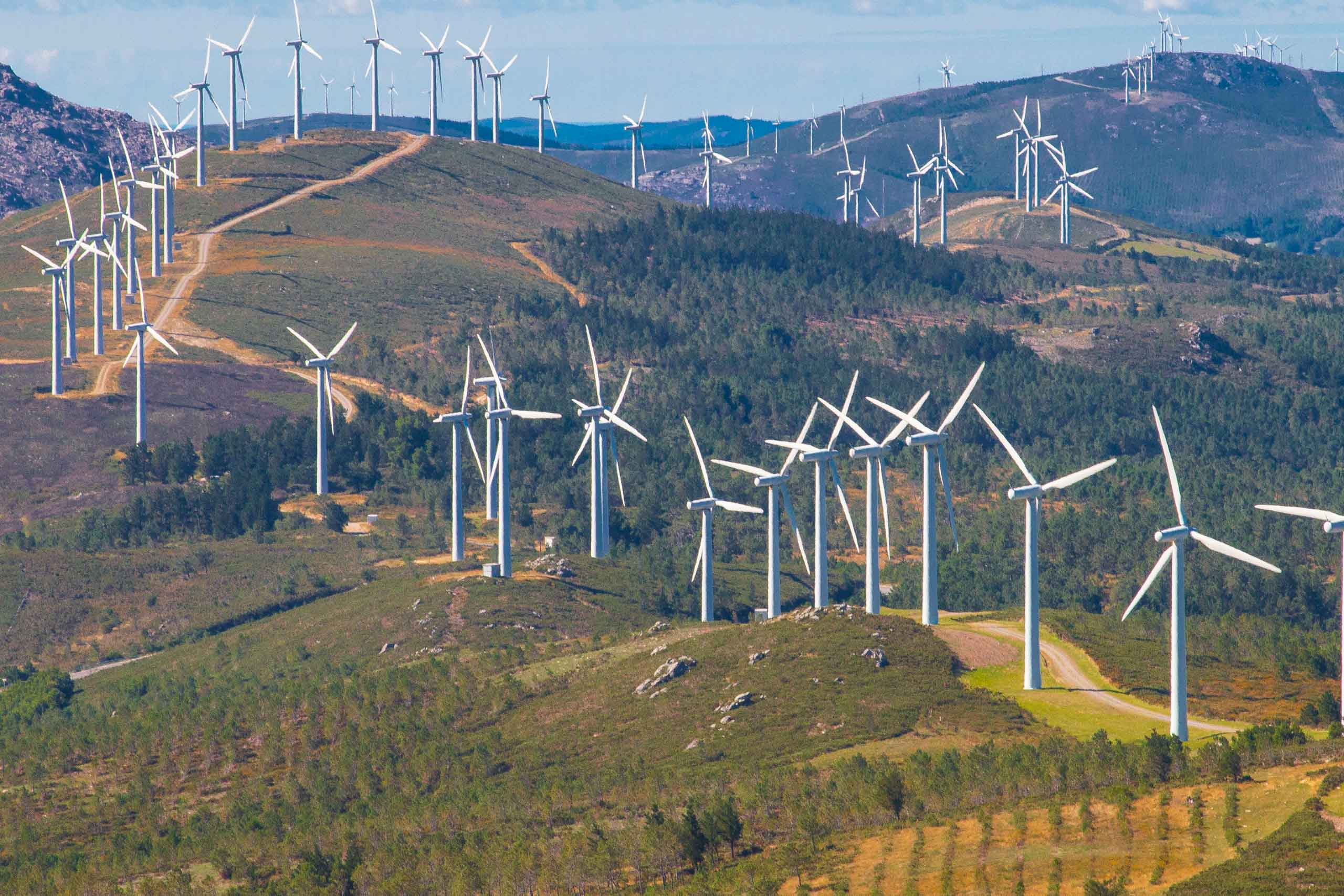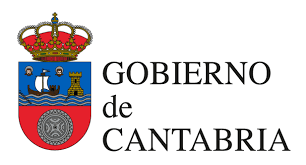The MITECO gives the go-ahead to the Maestrazgo Cluster, which includes more than 70 wind turbines within the Natura 2000 Network.

The Platform in favor of the landscapes of Teruel shows its disagreement with this resolution and informs that, once the administrative route has been exhausted, it will resort to the courts.
The administrative route is coming to an end for one of those projects that the Ministry of Ecological Transition and Demographic Challenge, in the words of the Secretary of State for the Environment, considered that it would hardly have a place in the process of implementation of renewable mega power plants in which the province of Teruel is immersed. This is the so-called “Maestrazgo Cluster”. Over the weekend, the Environmental Impact Statement (EIS) of this cluster to install 161 windmills, place 507 high voltage pylons, lay hundreds of kilometers of cables, open more than 300 km of tracks and destroy the profile of these mountains, seriously affecting their landscape, has been circulating, although it is not published. The declaration has many conditions that in some cases may be fulfilled and in others will be camouflaged under supposed changes, as has been seen in other projects. Although the declaration eliminates 30 windmills, there are still 130 remaining, more than 70 of them in the Natura 2000 Network, and with a strong visual impact on towns such as Mosqueruela. The fact that the news has been published before it happens, taking for granted the approval of a project before its publication in the BOE, as required by the administrative process, generates a lot of suspicions about its processing. The resolution reveals that some mills will have to be stopped or even dismantled if damage occurs, which is considered possible, ignoring the basic principle of environmental precaution that must be applied before such damage occurs and which ensures that it does not take place and that its effects are irreversible. If any Bonelli’s eagle, an endangered species, were to die in these mills, as stated in the resolution, it would be irrecoverable. But the biggest doubt is which environmental authority will be the one to rule on the dismantling of these mills, when experience shows that this is very unlikely. Even if the conditions are met, it would be one of the greatest environmental aggressions to the province of Teruel in the coming years, although not the only one, and a train that will lead us faster to depopulation, abandonment and loss of value of the territory. It will take the qualification of industrial area to some of the most natural and well-preserved sites that exist in the province, which is why they received the qualification of Natura 2000 Network, stripping them of those values without taking into account the principle of non-regression and the need for society to have the richest biodiversity possible to ensure health and well-being. It is possible that this evaluation has been carried out illegitimately and by entities that do not have the capacity to do it, since the rush to carry out projects has led to the subcontracting of companies that are not qualified for these functions, not because they do not have sufficient and valid technicians, but because of the legal capacities that public officials have, which cannot be transferred without further ado. The Platform believes that fundamental aspects have not been taken into account and that is why there are appeals, which seek protection from a higher authority than the one that has issued the resolution, a path that will be explored to stop this nonsense. The last resort will be to bring before the courts the legality of the project and its compliance with all current legislation, going to court and filing a lawsuit that puts laws above urgencies and private interests. It is a difficult and costly path, but with the help of all the people who believe in a different future for this province and with the protection of justice, it is hoped that this project will not continue and the Maestrazgo areas will be spared from such a disastrous mistake. The interests of a business group and a foreign investor cannot take precedence over the conservation of biodiversity and protected areas.
Source:






